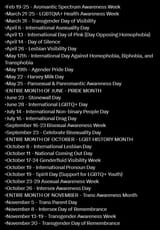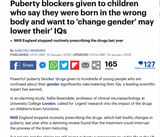>>149852788
The Hebrew word used in Leviticus 20:13 is "zakar", which is used many other times in the OT.
Some examples:
Gen 1:27 - "male and female He created them". Definitely referring specifically to "maleness" with no context regarding age or maturity.
Gen 5:2 - same context as above.
Gen 6:19 - God describing "two of every kind" of animal, referring to "male and female". Again, no context regarding age or maturity.
It's used several more times later in Genesis describing the covenant of circumcision with Abraham. This includes the use of trickery whereby Jacob's sons convince a man who wanted to marry (and also raped) their sister that he and his men had to be circumcized first, and then while they were all recovering, they attacked and killed them. The passage refers specifically to a grown man and his soldiers. (Genesis 34)
Exodus 12:5 describes the sacrificial offering of a "male" lamb, but uses different words to describe its age. "Zakar" refers only to maleness.
This is a recurring pattern. The Hebrew word clearly means "male" and not "young boy". The words Paul uses in Romans 1:27 and 1 Corinthians 6:10 also derive from the Greek word meaning "men" and not "boys". The same word is used elsewhere in the NT, and every time it's used to refer to a young boy there are additional contextual words that mean "young", "child", etc.













































































